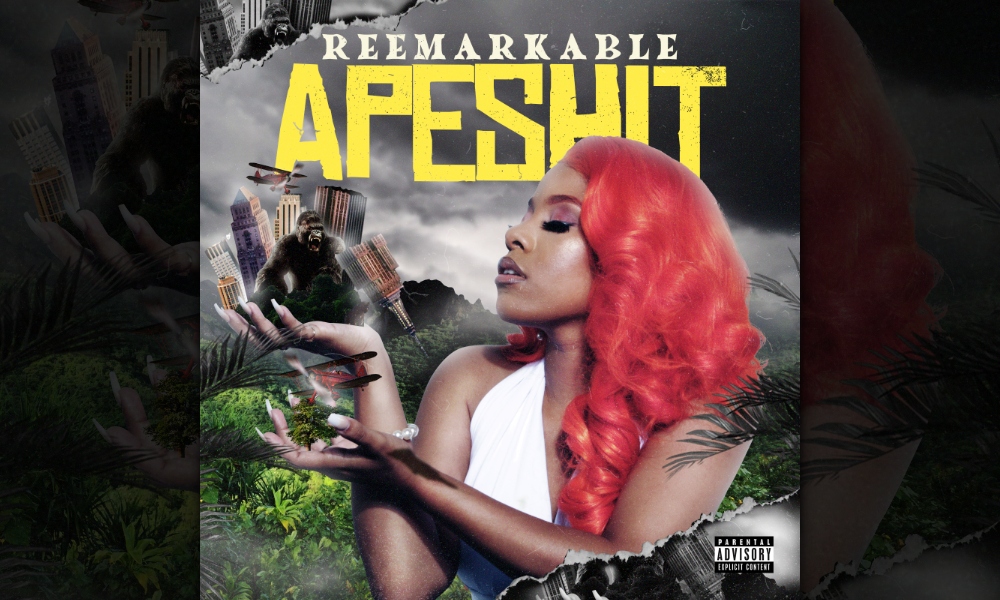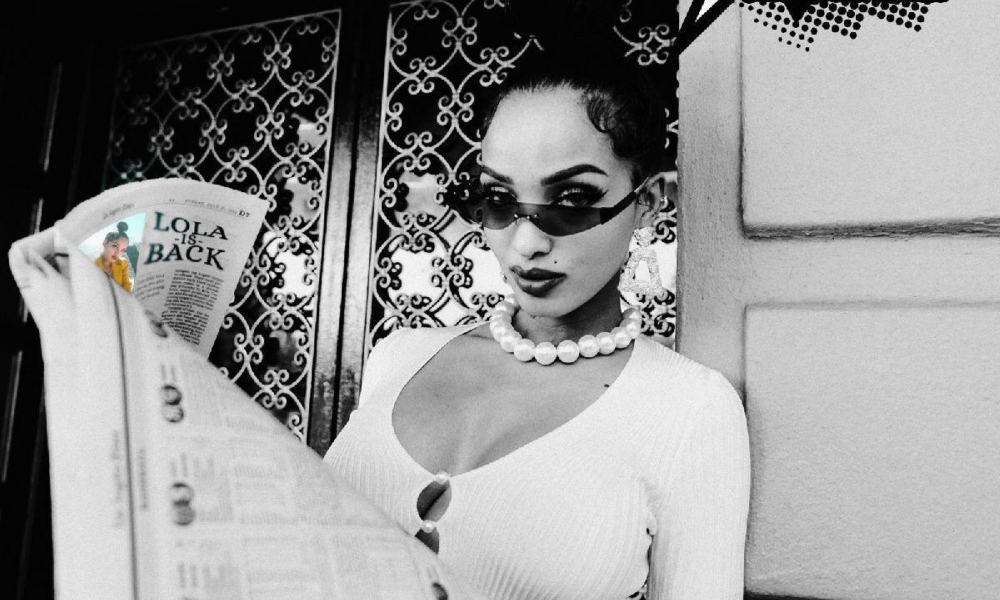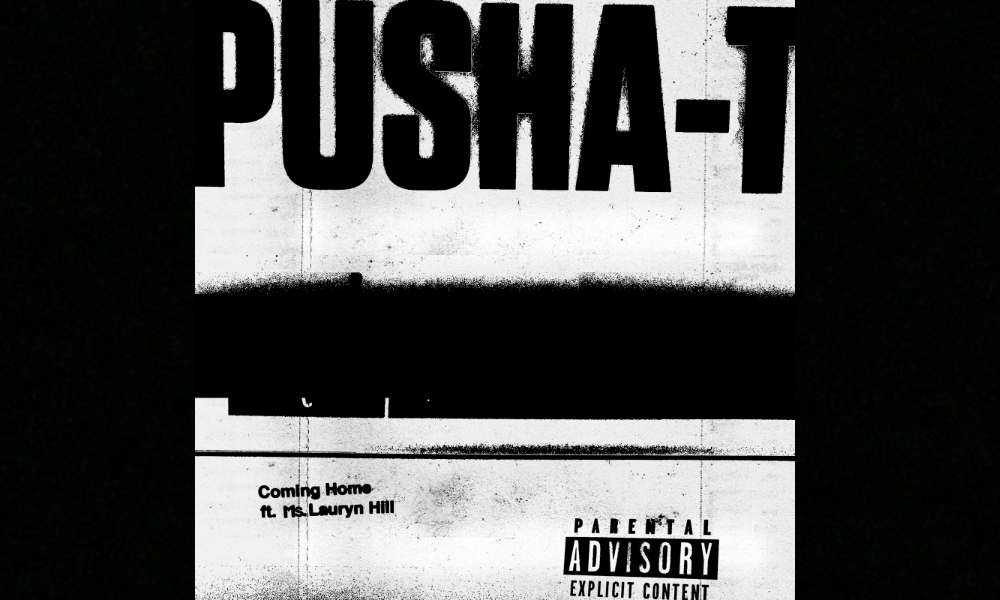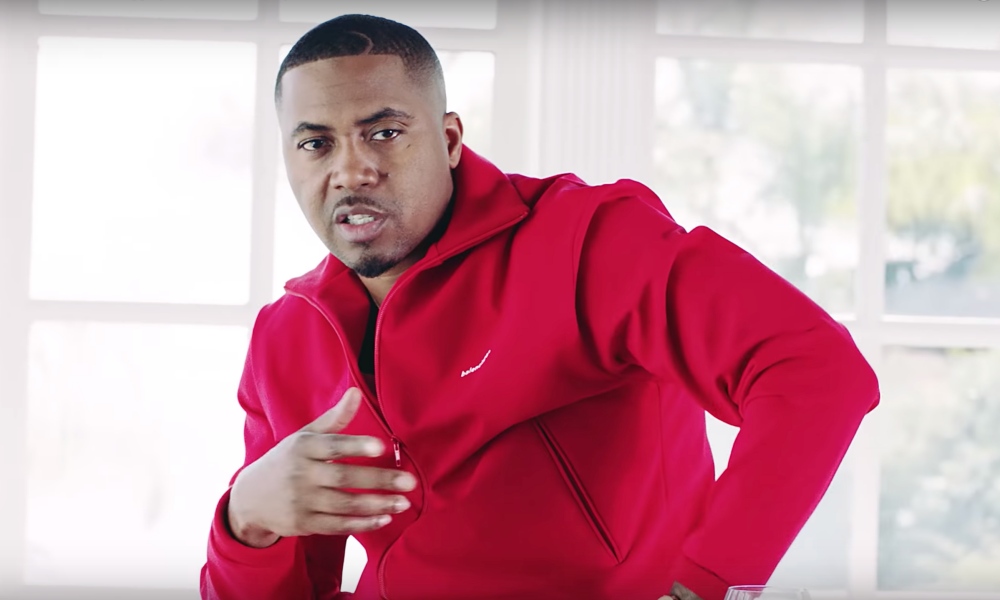Are Hip Hop artists the easiest target or scapegoat? According to Nelly, the media continues to single out hip-hop stars because they are the "lowest voice on the totem pole" and no one is willing to necessarily defend Hip Hop like other genres.
"First off, this is an art. This is not being politically correct. This is emotion. I think you feel a responsibility to express yourself the best way you know how and try to be truthful about it. A lot of times, people — as in media folk — they want to promote what they want to promote. That's the word that gets out a lot of times. The media can control how they want views to come out and how they want to say it," Nelly told Earshot in a recent interview. "Every hip-hop artist I know has a nonprofit organization, but nobody talks about that. First thing they want to do is talk about the bad shit, not how many families they employ or how many kids they sent to school. They want to [blame] the problems of the world on hip-hop because we're the lowest voice on the totem pole."
Adding to that, Nelly says Hip Hop artists often bring up things that people would rather not talk about or things they'd rather ignore and pretend that they don't exist. That said, he still admits that artists, like Kanye West and perhaps Chris Brown, don't make it hard for the media to single them out.
"We're the easiest scapegoat. I'm not gonna front — we don't make it hard for them with a lot of the things we do. But you have to understand that a lot of people in hip-hop think socially. We come from places that don't always get a chance to be heard. When we do step on the scene, we kind of jell over topics some people don't want to hear [about]."
Thoughts?
You love listening to hip hop music, but you often find yourself defending it against the misconceptions and stereotypes that surround the genre. You’re not alone – even famous hip hop artists like Nelly feel like they are constantly under attack from critics who don’t understand the cultural significance of their music.
In a recent interview, Nelly spoke out about how hip hop is often unfairly criticized for its lyrics and perceived negative influence on society. He explained that while other genres of music have also faced criticism in the past, hip hop seems to be an easy target for those who want to blame something or someone for societal issues.
Despite this, Nelly remains proud of his contributions to the genre and believes that hip hop has had a positive impact on many people’s lives.
The Misconceptions Surrounding Hip Hop
Don’t believe the misconceptions about hip hop – it’s time to set the record straight! There are so many preconceived notions and stereotypes surrounding this genre of music, and it’s important to understand that they aren’t necessarily true.
One of the most common misconceptions is that hip hop is all about violence and aggression. While there are certainly some songs that touch on those themes, there’s much more to hip hop than just that.
Another misconception about hip hop is that it promotes a negative lifestyle. This couldn’t be further from the truth! In fact, many rappers use their music as a platform to address social issues such as poverty, racism, and inequality. Hip hop has also been known to inspire people to pursue their dreams and work hard for what they want in life.
Some people believe that hip hop is only for certain demographics – namely young, African American males. However, this couldn’t be farther from the truth either. Hip hop transcends race and gender barriers; anyone can appreciate and enjoy this type of music regardless of their background or identity.
So next time you hear someone spouting off misconceptions about hip hop, take a moment to educate them on its true nature. It’s much more complex than what meets the eye!
Appreciating the Cultural Significance of Hip Hop
You can gain a deeper understanding of the cultural significance of hip hop by exploring its roots and influences from various communities.
Hip hop music emerged from African American and Latino neighborhoods in New York City during the 1970s, where it served as an outlet for self-expression and social commentary. The genre has since expanded globally, serving as an important platform for marginalized voices to share their experiences.
Hip hop is more than just a musical genre – it encompasses fashion, dance, art, and language that have all contributed to its cultural significance. The fashion associated with hip hop often incorporates elements of streetwear such as baggy clothing, sneakers, and accessories like hats or chains.
Breakdancing and other forms of hip hop dance are also a key part of the culture, providing a way for people to express themselves through movement. The language used in hip hop lyrics is often characterized by slang and wordplay unique to the genre. This has had a significant impact on popular culture worldwide, inspiring new vocabulary and linguistic trends among young people.
By appreciating the diverse range of influences that have contributed to hip hop’s cultural significance over time, we can gain a greater appreciation for this dynamic art form.
Conclusion
So there you have it, hip hop fans. Despite the negative misconceptions and criticisms thrown at the genre, it’s important to remember that hip hop has a cultural significance beyond what some may see on the surface.
It has served as a platform for marginalized communities to express themselves and share their stories, as well as an avenue for artists to showcase their skills and creativity.
As Nelly pointed out, hip hop is often unfairly scapegoated for societal issues and problems. But instead of focusing solely on the negatives, let’s take a moment to appreciate all that hip hop has accomplished and continues to accomplish in music, art, and culture.
So turn up your favorite hip hop track and celebrate this vibrant and influential genre.








